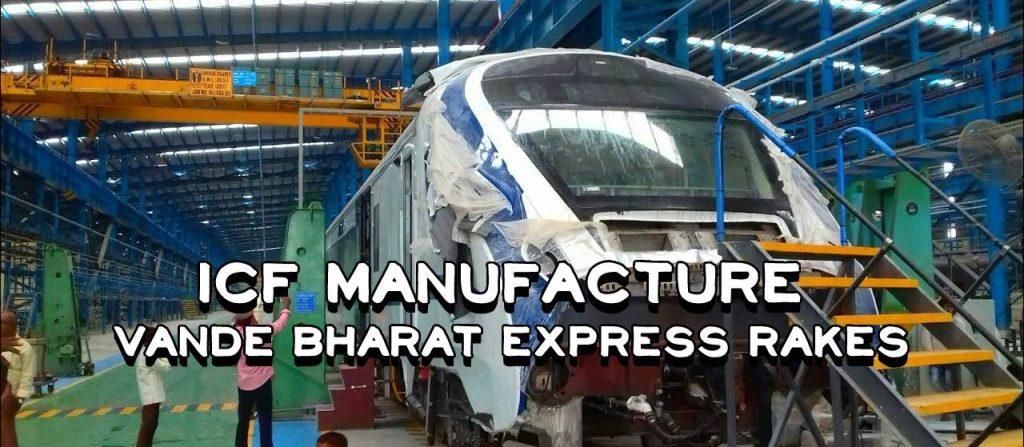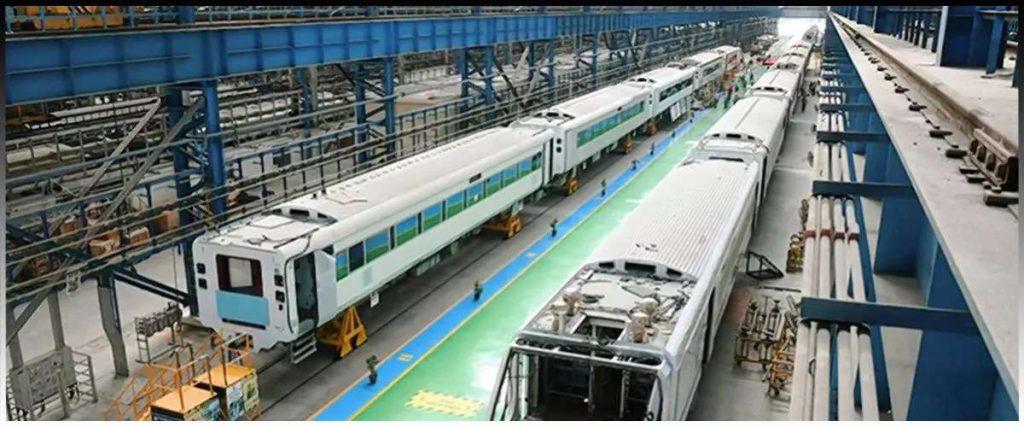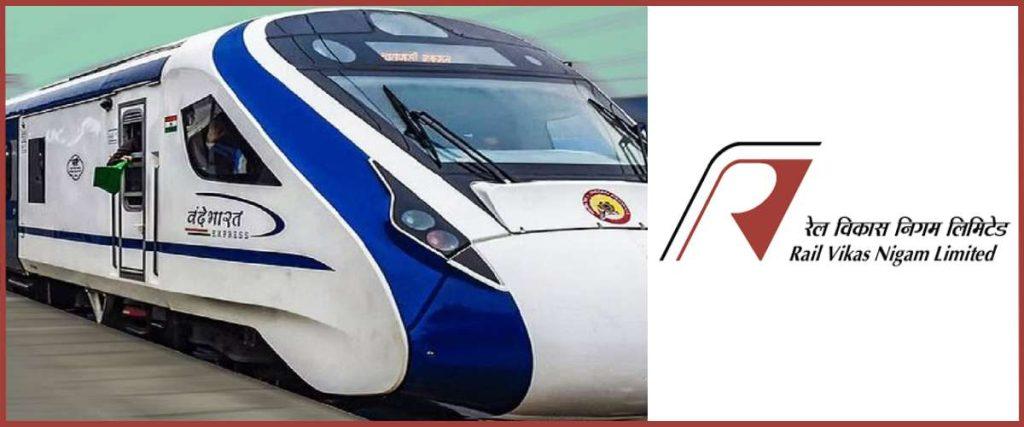India’s ambitious Vande Bharat project, aimed at modernizing rail travel with semi high-speed trains, faces another setback as the much-awaited Vande Bharat Sleeper version awaits its launch. Initially scheduled for March 2024, the sleeper trains are now anticipated to debut later, raising concerns amidst ongoing challenges.
Prime Minister’s Pledge
Prime Minister Narendra Modi’s commitment to introduce 75 Vande Bharat Express trains within 75 weeks as part of the ‘Amrit Mahotsav’ initiative falls short, with only 51 chair car trains currently operational. This shortfall underscores the project’s struggle to meet its ambitious targets.
Railways Minister’s Announcement
Railways Minister Ashwini Vaishnaw’s announcement of plans for the Vande Bharat Sleeper version in October 2023 emphasized its superiority over existing Rajdhani and Shatabdi trains. However, delays have shifted the launch timeline, with the first prototype expected only by mid-year 2024.
Tendering Challenges and Consortium Dynamics
A series of inquiries sent to the Ministry of Railways regarding the VB Sleeper tender, including outcomes and delays, remain unanswered. Initially, a tender for 200 VB sleeper trains was issued, with RVNL-TMH-LES and BHEL-Titagarh Wagons winning bids. Later, BEML secured a separate contract for 10 trains. Sudhanshu Mani, former GM at ICF Chennai, disclosed that while the two winning consortia may require time to deliver, BEML aims for a 2024 launch.
Consortium Disputes
A major hurdle arises from a dispute within the RVNL-TMH-LES consortium over majority shareholding in the new SPV, Kinet Railway Solutions Ltd. This disagreement led to a delayed agreement, resulting in the Russian partner holding 70% stake, RVNL with 25%, and LES with 5%.
Contract Award to BEML
Bharat Earth Movers (BEML) has been entrusted with designing, manufacturing, and commissioning 10 rakes of 16 cars for the Vande Bharat sleeper trains, accommodating 823 passengers across first-class AC, 2 Tier AC, and 3 Tier AC cabins. This decision sparked debates, with critics questioning the company’s expertise, primarily known for metro coach manufacturing.
Speed and Fare Considerations
Speed and fare remain critical factors for the success of the Vande Bharat project. While praised for providing semi high-speed travel, experts caution against exaggerated claims, citing the need for significant track upgrades to support higher speeds.
Track Upgradation Challenges
Former Chief Engineer Alok Kumar Verma stresses the importance of upgrading railway tracks from existing speeds of 110-130 kmph to 160 kmph and eventually to 200 kmph. Although claims suggest the sleeper version could operate at 160 kmph, current track conditions limit speeds on busy routes like Delhi-Bhopal and Delhi-Howrah to 130 kmph.
Conclusion
Despite challenges, Vande Bharat trains offer significant time savings on certain routes. However, pricing remains a critical factor in attracting passengers. As the Vande Bharat project navigates these hurdles, stakeholders must address track upgradation, pricing strategies, and operational efficiency to ensure its success in transforming India’s rail travel experience.



